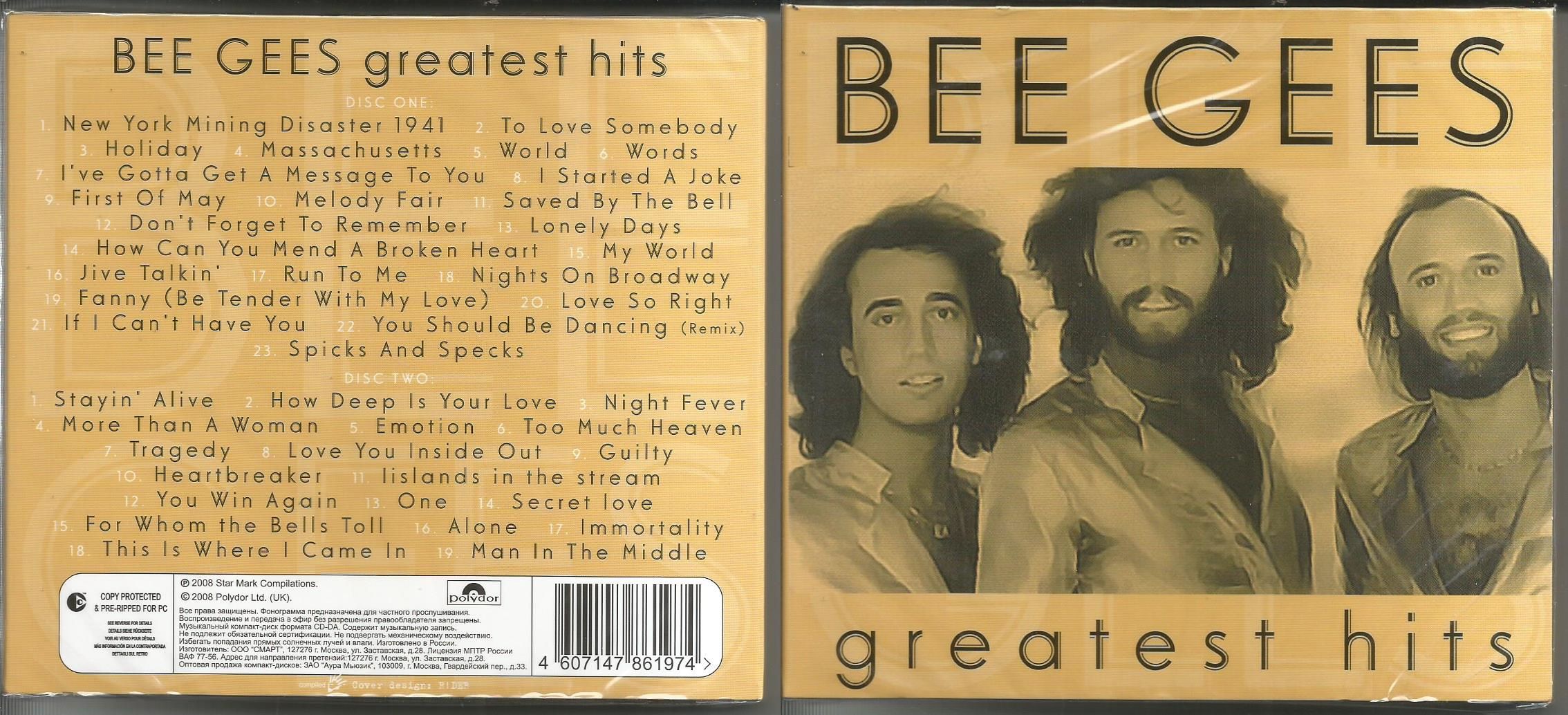Introduction

“The Greatest Man In The World,” a ballad nestled within the Bee Gees’ 1971 album “Trafalgar,” stands out as a more sentimental offering amongst their earlier rock and pop-driven tracks. Here’s a delve into the song’s intriguing history:
Credited solely to Barry Gibb, “The Greatest Man In The World” emerged in 1971. This period marked a turning point for the brothers Gibb, with their sound evolving from psychedelic rock towards a more melodic and soulful direction. While details behind the song’s inspiration remain elusive, some fans theorize it could be a tongue-in-cheek dedication to a particular person, perhaps a romantic interest or even a self-directed musing.
Lyrically, the song paints a picture of adoration and admiration. The singer expresses their unwavering devotion to this special someone, declaring them the “greatest man in the world.” The heartfelt emotions are further amplified by the Bee Gees’ signature soaring harmonies, a sound they were starting to perfect around this time.
Despite its title, “The Greatest Man In The World” isn’t limited to just male listeners. The song’s message of devotion transcends gender, making it a relatable anthem for anyone deeply in love. It’s a quality that likely contributed to the song’s enduring appeal.
While “The Greatest Man In The World” may not have reached the chart-topping heights of some of the Bee Gees’ later disco hits, it holds a special place in their pre-discologue era. It’s a song that showcases their burgeoning talent for crafting heartfelt ballads and their ability to connect with listeners on an emotional level. So, get ready to be swept away by this classic Bee Gees love song.